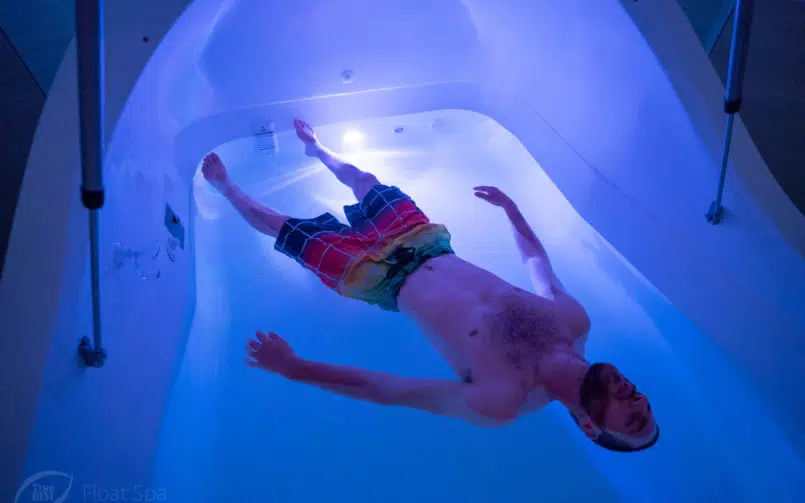PTSD, or post-traumatic stress disorder, can be a life-altering diagnosis. As the name implies, PTSD often occurs after a traumatic incident—a serious accident, natural disaster, loss of a loved one, being in war or combat, physical, mental, or emotional abuse, sexual violence, or a near-death experience. Occurring after an individual witnesses or experiences these events, roughly 8 million people a year suffer from the condition.
Understanding PTSD
PTSD looks and feels different for everyone, although there are a few recognizable symptoms, including:
- Heightened sensitivity and reactivity
- Hypervigilance
- Vivid, intrusive episodes (called flashbacks)
- Hair triggers regarding certain sights, sounds, smells, situations, and objects
- Nightmares and/or insomnia
- Extreme edginess or jumpiness
- Altered cognition resulting in anxiety, depression, fear, anger, and/or poor self-esteem
Most importantly, PTSD can happen to anyone, regardless of age, race, or gender. Although “shell shock,” the term for what we now recognize as PTSD and coined by soldiers, was first diagnosed during World War I, the condition is not limited to combat veterans.
How PTSD is Treated
PTSD is most often treated through personal support, talk therapy, therapy support groups and Cognitive behavioral therapy, and medication. Some people, however, seek out alternative therapies for PTSD. If you are one of these people, float therapy may be of interest to you.
Alternative Therapies for PTSD
Floating is scientifically proven to have remarkable restorative and therapeutic properties, and it’s quite simple. It involves an hour-long session floating in a tank filled with skin temperature water mixed with Epsom salts.
This in itself may not sound particularly therapeutic. Michael Harding, a 23-year-old Afghanistan veteran with severe PTSD, said he thought it was a sham when he first heard about it. But floating has proven benefits, and Harding soon realized this after trying the treatment for himself.
And Harding isn’t the only one: numerous veterans have had similar and positive experiences with this alternative PTSD therapy.
Regular guests of float therapy enter a pod-like enclosed tank, where they float in the prone position, soaking in the benefits of a quiet environment and the ambient darkness. The warm water is saturated with Epsom salt—so much so that anyone who sits or lies in it is buoyed, regardless of their weight.
And ultimately, the combination of a sensory-free and zero-gravity environment induces profound mental and physical benefits. It’s holistic, non-evasive and a great way to complement other treatment options for various health conditions, including PTSD.
Why Float?
Although it does provide a sensory deprivation experience, flotation therapy is also known as REST or Restricted Environment Stimulation Therapy. Much of what we know about float therapy comes from “Flotation REST in Applied Psychophysiology,” a study published by the Medical College of Ohio. Their research found that float therapy helped patients with anxiety and stress-related issues more than just about any other traditional or alternative modality. For patients with clinical depression, the results were on par with counseling and significantly more effective than relaxation training, medication, or physical therapy.
Float REST is proven to benefit individuals suffering from anxious and depressive symptoms associated with PTSD. We’re still not entirely sure why float therapy works the way it does, but here is what is known: guests who undergo this treatment report significant reductions in stress, depression, pain, muscle tension, and other adverse effects, along with increased levels of serenity, relaxation, happiness, and overall well-being.
Float therapy isn’t a miracle cure, and we don’t recommend using it as a sole source of treatment for severe PTSD. However, when used in conjunction with other strategies, such as fitness, healthy eating, meditation, mindfulness, and various therapeutic treatments, float therapy can be incredibly soothing and rejuvenating.
If you are ready to explore alternative therapies for PTSD, reach out today, and let us help you find your True REST.


